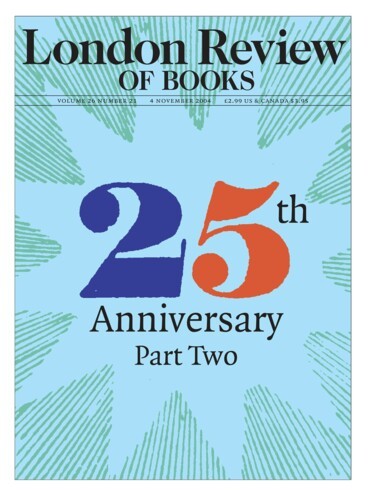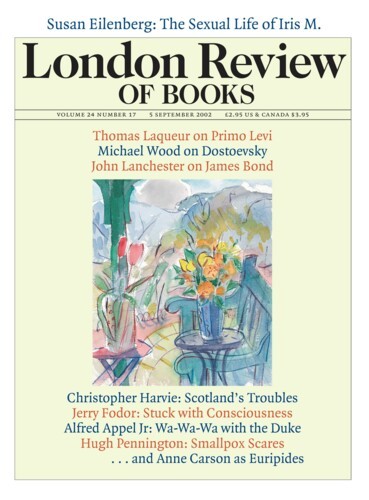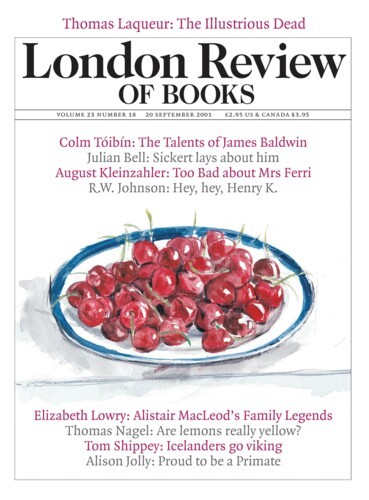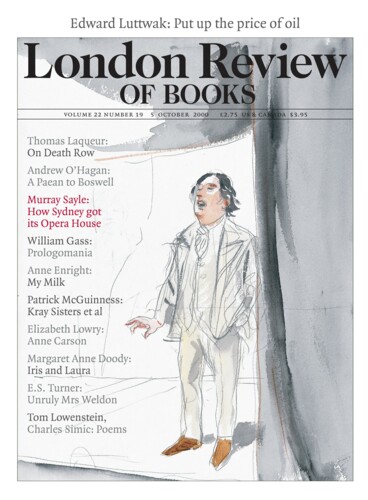Four pfennige per track km: Adolf Eichmann and Holocaust photography
Thomas Laqueur, 4 November 2004
Adolf Eichmann is not an obvious candidate for a full-length biography, and before his capture in 1960 and trial the following year no one would have thought of writing one. The historical record would have been too thin; much of what we know about his life and crimes emerged from his interrogation by the Israeli authorities and from the vast research effort that went into preparing the case...





